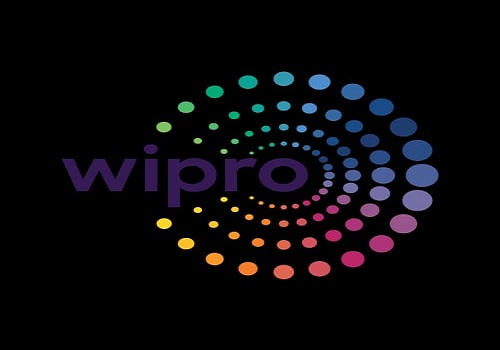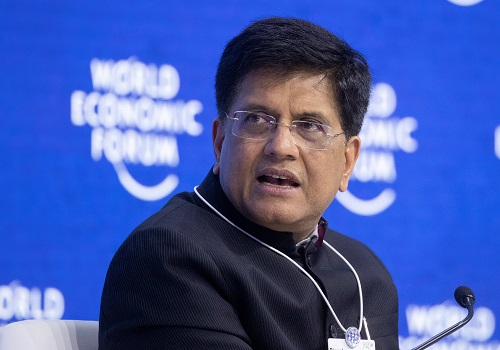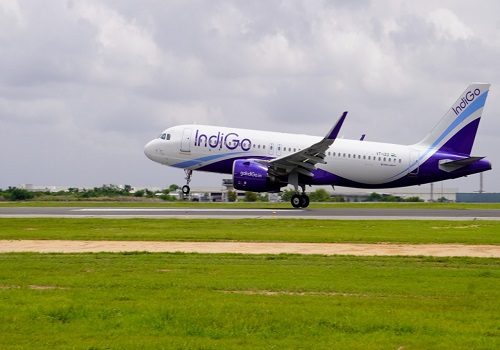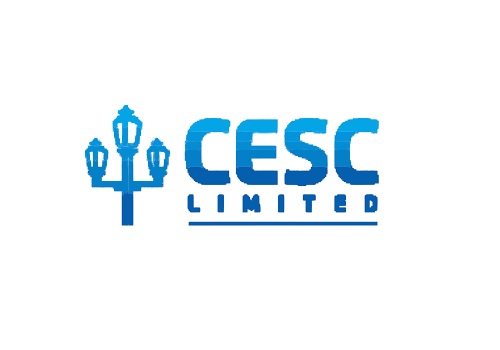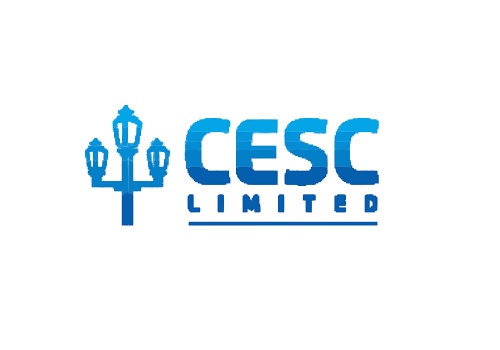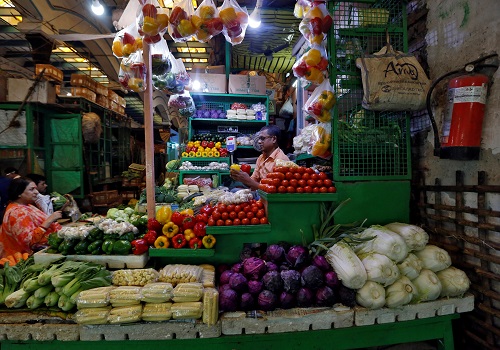Oil and Gas Sector Update : Amended gas pipeline tariff regulations notified - A step in the right direction - Emkay Global Financial Services
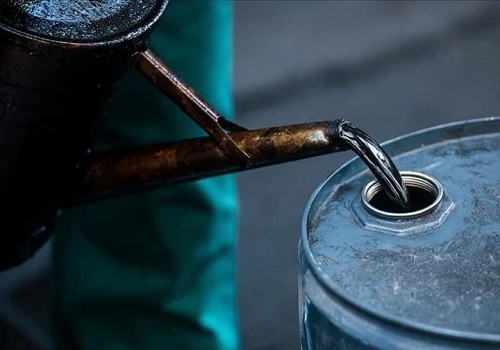
Follow us Now on Telegram ! Get daily 10 - 12 important updates on Business, Finance and Investment. Join our Telegram Channel
https://t.me/InvestmentGuruIndiacom
Download Telegram App before Joining the Channel
Amended gas pipeline tariff regulations notified - A step in the right direction
PNGRB has notified the natural gas pipeline tariff regulations (including authorization and capacity determination) with effect from November 18, 2022, thereby introducing numerous positive amendments for the natural gas transmission sector. Our channel checks indicate pipeline entities are largely satisfied with the amendments, as it paves the way for future expansion. PNGRB, on its part, wants entities to earn a reasonable rate of return and has especially focused on the volume divisor part, which due to low utilization has been a major factor in the tariff process and is making the same non-remunerative. Overall, regulatory overtones seem positive for the industry. Ensuing tariff orders would incorporate these amendments, main among them being GSPL’s Gujarat grid and GAIL’s Dahej-Uran-DabholPanvel, Dadri-Bawana-Nangal, and Kochi-Mangalore, which may come in the next 3-4 months. We have built in a 35-40% cut in GSPL’s tariff, but the same could be lower than this. We reiterate our Buy rating on GSPL (Rs325 TP) and GAIL (Rs110 TP).
* In terms of capacity determination, PNGRB has stated that pipeline entities need to declare capacity. They can seek expansion proposals, while PNGRB may also invite bids if required. The requirement to share 50% of incremental tariff revenue with customers after 10%+ capacity expansion seems to be done away with. This augurs well for GSPL’s and GAIL’s existing network-based expansion.
* Volume ramp-up phasing is in-line with the draft viz. 30-100% of 75% of capacity as normative volume in 1 st -10th year of pipeline operations. Pipeline entities wanted this to extend as many lines are already more than 10 years old and are operating below the 75% normative range. However, this would also be applicable to the capacity expansion of existing networks and not just new pipelines. Hence, this seems to benefit a few of GAIL’s pipelines (notably JHBDPL) along with GSPL’s, given future expansions in the Gujarat grid.
* Source-based capacity holiday would be applicable from April 2020 for five years post pipeline connectivity with the source. This would potentially benefit GSPL as a couple of new LNG terminals are coming up in Gujarat and GAIL from future east coast terminal connectivity.
* Final regulations additionally provide (not part of the draft) for adjustments in normative volumes considered for tariff, when the same is higher than actual volumes. This would create a set-off credit, which would be adjusted in future years within the economic life of the pipeline when the actual volume would be higher than normative. This would be applicable prospectively from now on. We view this as a positive step.
* PNGRB has allowed lower transmission loss at 0.1% of actual volumes multiplied by gas price (lower of PPAC ceiling or actual) against 0.2% mentioned in the draft regulations. This is still positive for pipeline entities. For example, at the current USD12.5/mmbtu ceiling, the impact works out at Rs1/mmbtu, which is ~3% of GSPL’s current tariff. This would positively impact highutilization pipelines, including GAIL’s I-HVJ.
* A gradual annual escalation in tariff, at a pre-specified rate, has been fixed by PNGRB based on the public consultation process to taper the impact of tariff hikes on consumers. We would also view it positively as this would smoothen that tariff hike impact against a one-time jump.
* Lower tax rate impact (new regime) would be applicable from FY23 without any retrospective impact. This is based on demand from pipeline entities and would lead to a lower tariff cut, if any.
* Unified tariff is likely to be implemented by April 1, 2023. PNGRB has reaffirmed definitions of an interconnected pipeline network and objectives behind unification, though a public consultation process will be taken up in this direction. PNGRB’s intent is to reduce the number of tariff zones.
To Read Complete Report & Disclaimer Click Here
For More Emkay Global Financial Services Ltd Disclaimer http://www.emkayglobal.com/Uploads/disclaimer.pdf & SEBI Registration number is INH000000354
Above views are of the author and not of the website kindly read disclaimer


